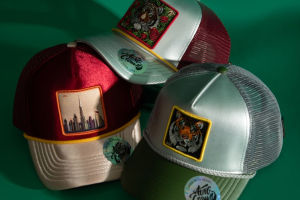Sustainable Fashion: What the Future Holds

The Future of the Fashion Industry and Sustainable Materials
It is no secret that the fashion industry is one of the biggest polluters in the world, as the production processes and materials it uses to generate a massive amount of waste. Sustainability has been a hot topic within the industry for some time. As consumers become more knowledgeable about the impact of their purchases on the environment, they are increasingly looking for brands that prioritize using sustainable materials. In recent years, a new wave of sustainable fashion has taken hold, and brands are embracing innovative materials and production methods that can help reduce their environmental impact. A leading industry example is Hermès.
It looks like the folks at Hermès are growing something new - and it is not a Birkin. The luxury fashion house recently announced that they are working on an experiment with MycoWorks, a Californian start-up that manufactures a new mushroom-based alternative to leather. The fashion industry has been looking for more sustainable options to reduce its environmental footprint, and this is an exciting development in this quest. We can see the future of sustainable fashion production by looking at some of the new sustainable materials available today.
The Change In Consumer Demand Towards Sustainable Materials
Perhaps most importantly, Hermès' announcement shows how consumer demand is changing towards environmentally friendly products in the luxury fashion market. As customers become increasingly aware of the environmental impacts of their purchases, they are demanding more ethical goods from designers and brands alike - and companies are beginning to respond accordingly. With Hermès leading the way towards exploring green alternatives in luxury fashion goods, we can expect other designers and brands will soon be following suit.
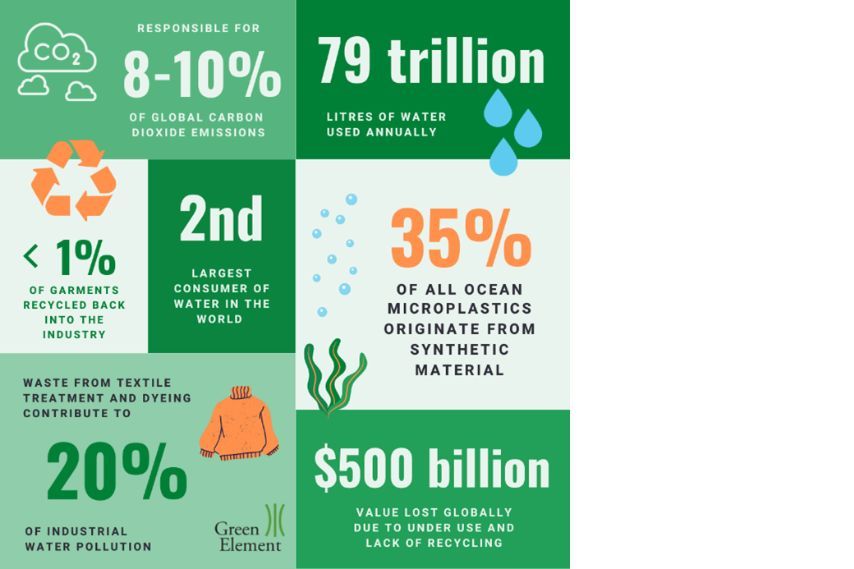

How Will This Affect The Luxury Market?
The implications of the Hermès and MycoWorks collaboration are far-reaching across the luxury fashion market. If the experiment proves successful, we could see more sustainable materials utilized by high-end designers who have previously relied heavily on leather goods for their collections. Moreover, Hermès has set an example for other luxury brands to follow when incorporating other sustainable materials.
Sustainable Materials
The first step in creating sustainable fashion is using the appropriate materials. Many brands are now turning to natural fabrics like organic cotton, hemp, and bamboo for their clothing lines. These fabrics require less water and energy during production than traditional fabrics like polyester or nylon, making them much more eco-friendly. Additionally, these natural fabrics are often more durable than synthetic ones—meaning they will not need replacing as often.
Reishi Leather
MycoWorks’ new material Reishi Leather derives from mycelium - the root system of mushrooms. It is grown in controlled environments, making it completely bio-degradable and non-toxic. Consequently, this makes it an ideal alternative to leather since it does not require animals or harsh chemicals to produce. Additionally, MycoWorks claims that their Reishi leather can be formed into any shape or texture desired, making it highly versatile.
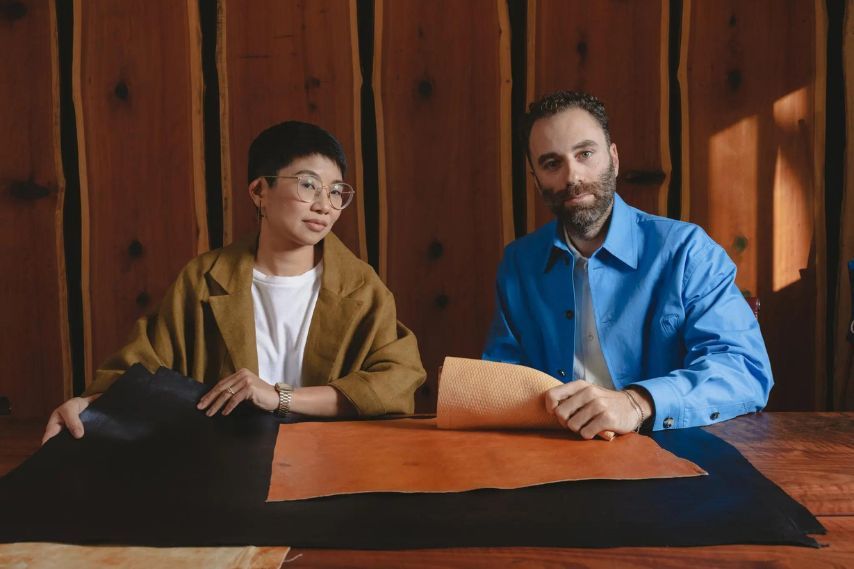

Tencel Fabric
Tencel is a regenerated cellulose fiber derived from wood pulp. It consists of renewable raw materials such as wood chips or sawdust, which makes it an environmentally friendly choice for clothing and accessories. Tencel is also incredibly soft, making it perfect for casual wear. It is also ultra-breathable and moisture-wicking, making it ideal for activewear also.
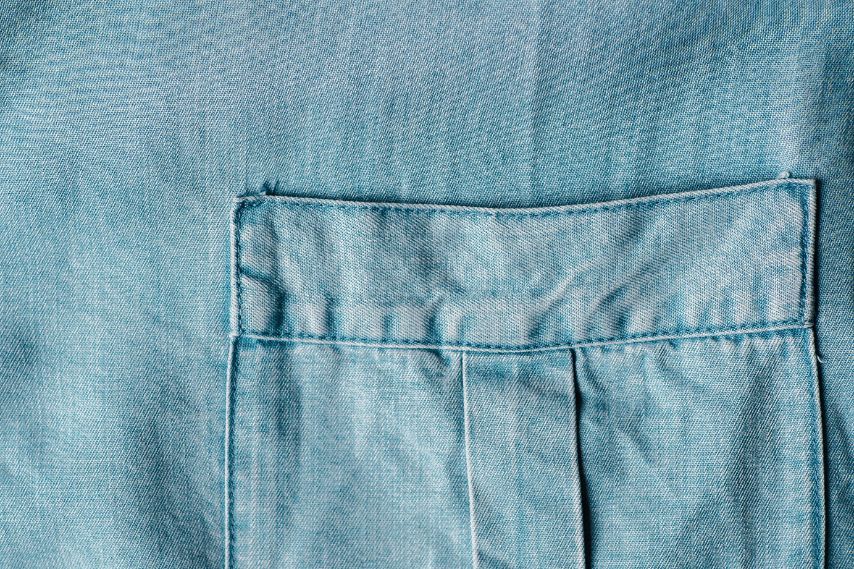

Organic Cotton
Organic cotton is grown without synthetic fertilizers or toxic pesticides, meaning it has a much lower environmental impact than non-organic cotton. It is also softer than regular cotton due to its lack of chemical treatments, which can increase its durability over time. Thus, this makes organic cotton perfect for everyday apparel such as t-shirts, jeans, and even underwear.
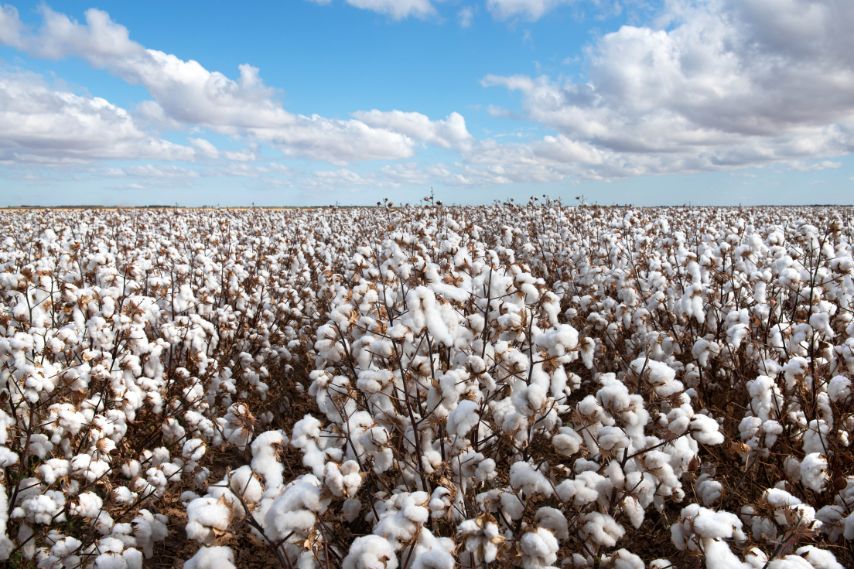

Recycled Polyester
Recycled polyester fabric contains recycled plastic bottles and other post-consumer waste products. This material is environmentally beneficial because it reduces waste and water consumption during production compared to traditional polyester fabrics. Recycled polyester fabric is also incredibly durable and water resistant, which makes it great for outdoor apparel items such as jackets and windbreakers.
Recycled Materials
In addition to using natural materials, many brands are utilizing recycled materials. An example is plastic bottles upcycled into fleece or cotton fabric scraps used to make garments. Not only does this help reduce waste from landfills, but it also helps keep costs down for consumers since these recycled materials are typically cheaper than traditional ones.
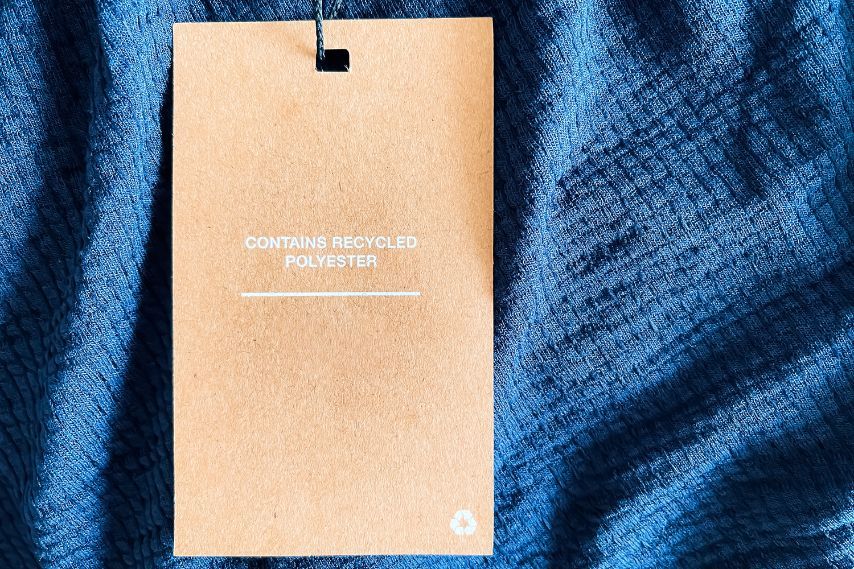

Conscious Consumption
Finally, the future of sustainable fashion will also rely on conscious consumption from both brands and consumers in equal measure. Brands should strive to create timeless pieces that can stand the test of time instead of focusing on fast-fashion trends that will be out of style in no time. Consumers should focus on buying fewer items and ensuring they will last a long time—this means investing in better quality pieces instead of purchasing cheap disposable items that will not last more than a few wears.
Conclusion
Using sustainable materials in a stylish yet sustainable fashion is now possible thanks to the emergence of many new materials. Hermès’ foray into mushroom-based materials shows how dedicated the company is to researching sustainable alternatives to create luxury products. While only time will tell if this experiment proves successful, one thing is undeniable - consumers’ desire for environmentally friendly goods is only increasing as time goes by. With more brands embracing natural and recycled materials in their collections and consumers beginning to shop consciously concerning quality over quantity, we can all do our part to make the world greener through our clothing choices. Wholesale fashion buyers should be aware of these new materials when purchasing inventory since customers will be looking specifically for items made with eco-friendly fabrics. By investing in sustainable materials now, you can prepare to meet customer demand in the future while doing your part to help protect our planet.



